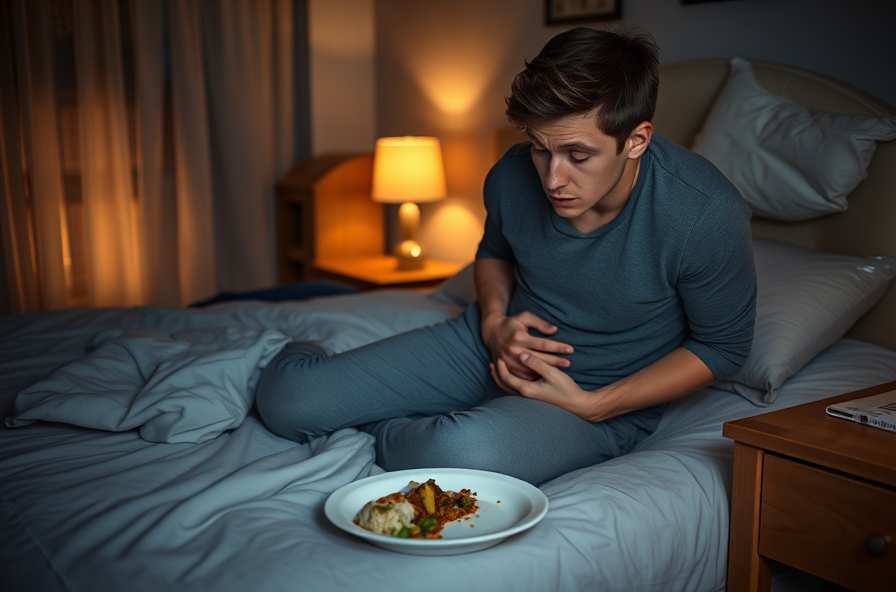
Here’s the lowdown: duodenal ulcers aren’t just a minor annoyance or another case of uncomfortable heartburn—they’re actual sores hiding out in the very first stretch of your small intestine. Weird, right? Most of the time, it’s a pesky bacteria or certain painkillers you might not think twice about that gets things started. If you’ve ever felt a deep, burning ache in your gut that seems to pop up when you’re hungry (or wakes you up in the middle of the night), don’t push it aside. The upside? It’s totally manageable, and you can get pretty quick relief by tweaking some meds or making a few lifestyle swaps. At the end of the day, taking care of your gut pays off—you deserve to eat without that shadow of pain lurking. Let’s talk duodenal ulcers for a second. These are little ulcers (think angry open sores) that show up in the duodenum, which is basically the start of your small intestine. Not fun. Usually, they’re the result of a sneaky infection or certain meds that mess with your stomach lining. Honestly, when these things strike, eating and living comfortably starts to feel like a challenge. But knowing how to spot the signs and what to do about them? That’s kind of empowering.

Here’s the lowdown: duodenal ulcers aren’t just a minor annoyance or another case of uncomfortable heartburn—they’re actual sores hiding out in the very first stretch of your small intestine. Weird, right? Most of the time, it’s a pesky bacteria or certain painkillers you might not think twice about that gets things started. If you’ve ever felt a deep, burning ache in your gut that seems to pop up when you’re hungry (or wakes you up in the middle of the night), don’t push it aside. The upside? It’s totally manageable, and you can get pretty quick relief by tweaking some meds or making a few lifestyle swaps. At the end of the day, taking care of your gut pays off—you deserve to eat without that shadow of pain lurking.
Let’s talk duodenal ulcers for a second. These are little ulcers (think angry open sores) that show up in the duodenum, which is basically the start of your small intestine. Not fun. Usually, they’re the result of a sneaky infection or certain meds that mess with your stomach lining. Honestly, when these things strike, eating and living comfortably starts to feel like a challenge. But knowing how to spot the signs and what to do about them? That’s kind of empowering.
Ever get that weird, dull burn beneath your ribs, especially when your belly’s empty? Maybe you blamed it on last night’s dinner, work stress, or just shrugged it off altogether. I’ve done that too. But that gnawing, come-and-go pain could actually mean there’s something brewing deeper inside—like a duodenal ulcer making trouble where you least want it.
So these ulcers—they form right past where your stomach ends. Sometimes, people get woken up in the wee hours with that deep, insistent pain. The strangest part? Eating something can sometimes make it disappear, at least for a bit. It’s almost like your gut begging for a break. If that sounds familiar, your body’s definitely trying to get your attention.
What starts the whole mess? The main culprit is this bacteria—Helicobacter pylori. Super common, hard to say, tougher on your gut. And if you’re someone who pops NSAIDs like ibuprofen to deal with headaches or soreness, those can eat away at your gut lining, too. We used to blame ulcers on stress, and while stress does make everything worse, it’s usually not what starts the fire. Funny how long that myth stuck around.
Something else nobody tells you: if you smoke, drink a lot, or your family has a history with ulcers, your risk gets even higher. For a lot of folks, there’s almost a pattern—the pain creeps up between meals, goes away after a few bites, then circles back when their stomach’s empty again or when they’re lying in bed at night. It’s annoyingly predictable.
The upside is that fixing things has gotten way easier. If you’ve got that H. pylori situation, a doctor will put you on antibiotics, and boom—most people turn the corner pretty quickly. If painkillers are to blame, switching to something a little less harsh can work wonders. It honestly surprised me how fast some of those symptoms faded once routines shifted.
Those acid-blocking meds? They make a world of difference, giving your stomach a chance to heal up. I’ve seen people go from groaning at night to sleeping straight through, then finally looking forward to breakfast again. Changing what you eat really helps, too—spicy food, alcohol, and loading up on caffeine tend to make everything worse, so cutting back can really ease the pain.
Here’s one more trick: smaller, more frequent meals instead of piling your plate sky-high. It’s amazing how much it can steady things, especially if you’re tired of that empty-stomach ache. Healing takes a little time, but stick with the right plan and most ulcers are out of your life for good. Peaceful meals, better sleep—a huge relief.
Dealing with duodenal ulcers isn’t easy, and there’s no sugarcoating how miserable they can make you feel. But honestly, with the right treatment, a little patience, and listening to your body, there’s a light at the end of the tunnel. Work with your doctor, try to trust the process, and it won’t be long before your meals (and nights!) aren’t haunted by stomach pain anymore.
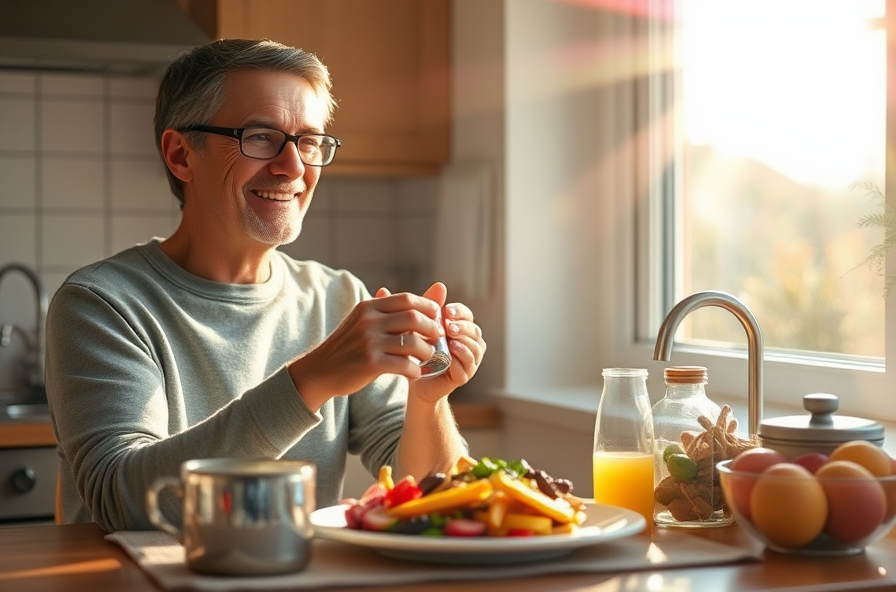
Dealing with duodenal ulcers isn’t easy, and there’s no sugarcoating how miserable they can make you feel. But honestly, with the right treatment, a little patience, and listening to your body, there’s a light at the end of the tunnel. Work with your doctor, try to trust the process, and it won’t be long before your meals (and nights!) aren’t haunted by stomach pain anymore.
Sources
- Duodenal ulcer – causes, symptoms and treatment – Healthdirect
- Stomach and Duodenal Ulcers (Peptic Ulcers)
- Duodenal Ulcer – StatPearls – NCBI Bookshelf
Today’s related searches: foods to avoid with duodenal ulcer, how to relieve duodenal ulcer pain at night, safe pain relief alternatives for ulcers, best eating habits for duodenal ulcers, natural remedies for duodenal ulcer symptoms
Each offers exceptional value and is designed to support your health in meaningful ways
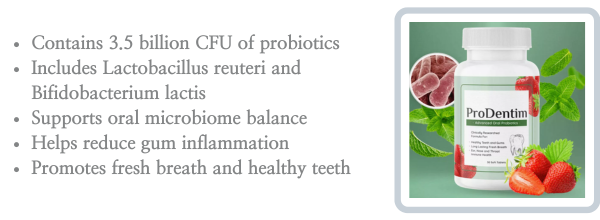
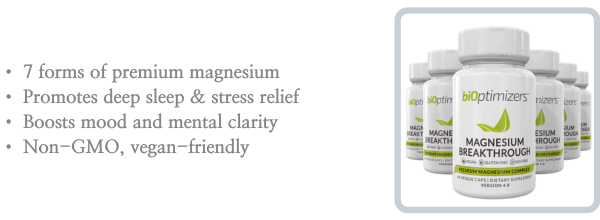

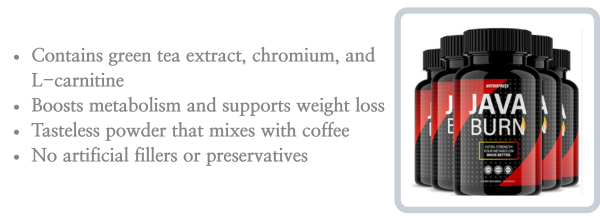
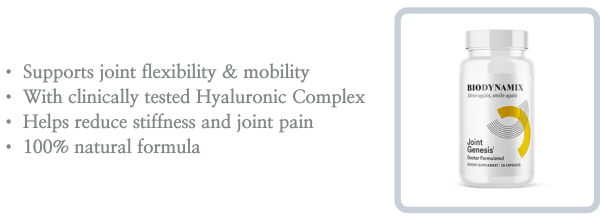
Wishing you a speedy recovery.